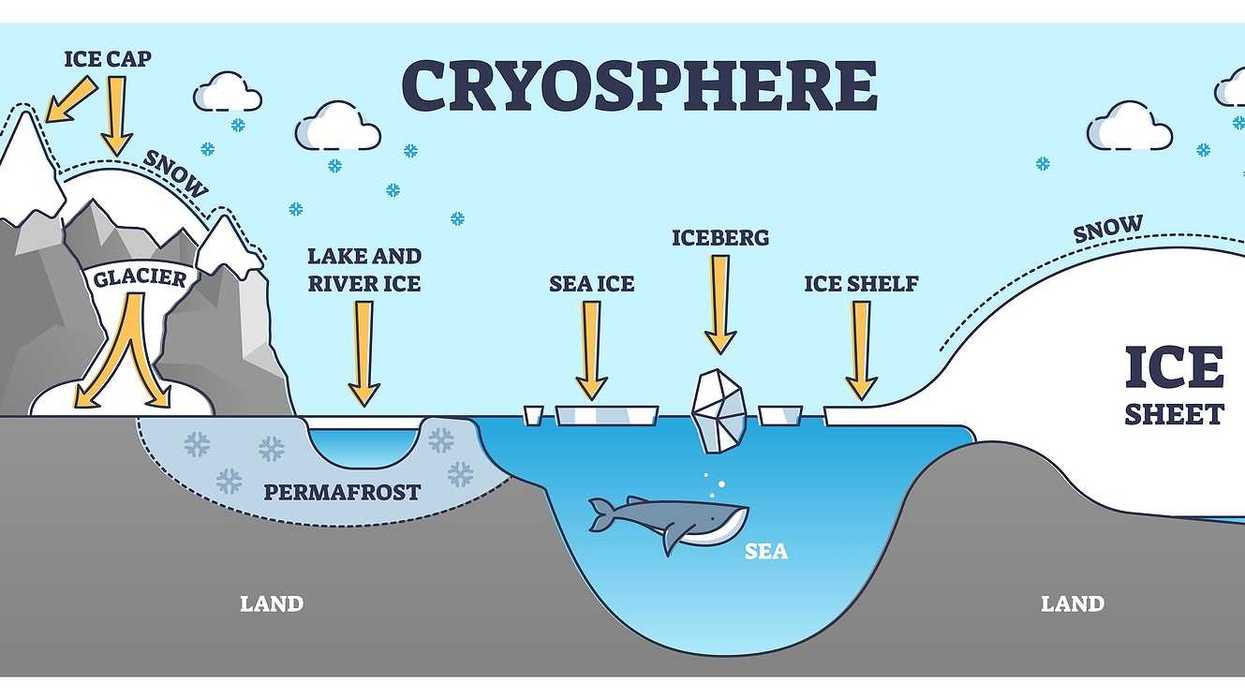Dogs treated with common spot-on flea pesticides can pollute rivers and ponds for up to a month after treatment, new research finds, prompting fresh concerns over the impact on aquatic ecosystems.
Michael Le Page reports for New Scientist.
In short:
- Researchers found that dogs treated with flea pesticides like fipronil and imidacloprid release harmful levels of chemicals into water when they swim, even 28 days post-treatment.
- Tests involving 49 dogs revealed pesticide concentrations sufficient to exceed environmental safety thresholds, even in large bodies of water.
- Spot-on treatments once assumed to be environmentally benign are now shown to pose long-term ecological risks, though regulatory changes remain uncertain.
Key quote:
“The take-home finding is that there is an element of risk if your dog goes swimming at any point within that period.”
— Rosemary Perkins, University of Sussex
Why this matters:
The runoff from household pet treatments is a growing, overlooked source of environmental contamination. Flea-control chemicals like fipronil and imidacloprid, both known for their toxicity to insects, are not staying put on dogs' skin but are leaching into lakes, rivers, and ponds. Once in the water, these compounds can disrupt insect populations, which serve as food for fish and birds, creating ripple effects through entire ecosystems. Both fipronil and imidacloprid are also implicated in broader biodiversity declines and are under increasing scrutiny due to their role in pollinator collapse. Unlike agricultural runoff, this source of pollution stems from urban pet ownership, making it harder to regulate and raising ethical questions about everyday consumer choices.
Related: Pet flea treatments lead to environmental pollution














